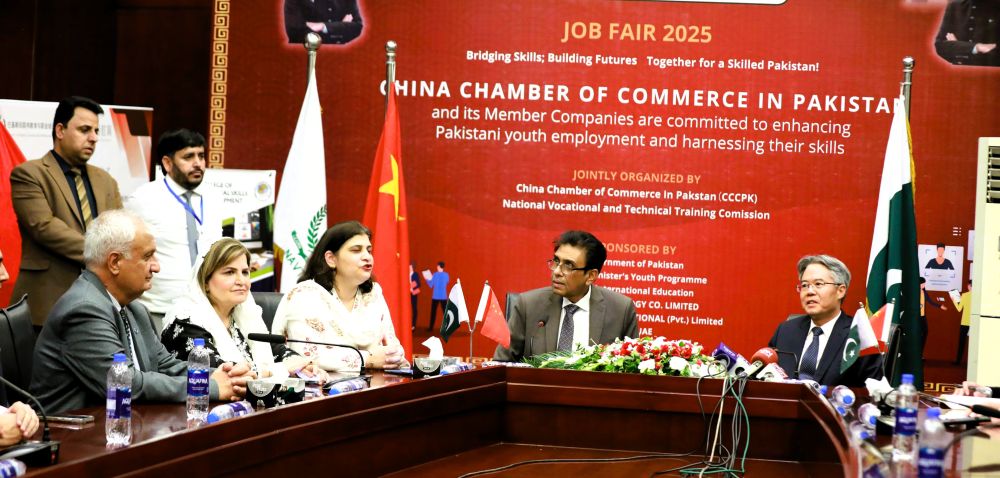Mastering Protein Science and Instrumentation is Your Pathway to a Promising Career. Prof. Mukhtar
Posted 1 year ago
The University Institute of Biochemistry and Biotechnology (UIBB) at Pir Mehr Ali Shah Arid Agriculture University Rawalpindi has become a thriving center of scientific inquiry and futuristic developments. Recently, Professor Muhammad Mukhtar, a celebrated biotechnologist with roots in the global research community and Pakistani academia, delivered a keynote at the "Kjeldahl Experience: From Theory to Practice" Workshop. This event, organized by Dr. Feroza Hamid Wattoo and several distinguished faculty members, underscored UIBB's commitment to staying at the forefront of biochemistry and biotechnology.
Professor Mukhtar's presence at this event was more than symbolic. After returning from the United States, where he had built a reputable career in biotechnology/virology, his first role as a foreign professor was at the Department of Biochemistry, the predecessor to today's UIBB. In his keynote, he reminisced about those formative days, recalling the passion and challenges that fueled UIBB's transformation from its nascent stage to the innovative institute it is today.
In his address to students, Professor Mukhtar, who is currently serving as Vice Chancellor of the National Skills University Islamabad provided timely and urgent insights. "Science is relatively easier now but more competitive," he remarked, acknowledging the vast opportunities awaiting those who pursue fields like genomics and proteomics. With advancements in genomic information unlocking new frontiers in protein science, he emphasized that the younger generation having a passion for proteins/nutrition must have theoretical knowledge and develop hands-on expertise with lab equipment, such as the Kjeldahl apparatus, essential for analyzing nitrogen and proteins in food. Such technical skills, he argued, are critical in the current landscape of competitive scientific research.
Professor Mukhtar's tribute to the efforts of Prof. Dr. Khalid Mahmood Khan, the university's former Vice Chancellor, and the ongoing support of the current Vice Chancellor, Prof. Dr. Muhammad Naeem, highlights the collective commitment to elevating UIBB. This success story exemplifies how robust leadership and institutional support can nurture an academic environment that draws top minds from abroad and inspires new generations to explore groundbreaking areas of science.
The road ahead for institutions like UIBB is challenging and ripe with possibility. As science continues to evolve at an unprecedented pace, Pakistan's academic institutions' commitment to foster innovation, encourage research, and equip students with practical skills will be paramount. In Professor Mukhtar's words, these opportunities are ready to be seized by those who dare to pursue them with dedication and vision. UIBB's journey is a model, proving that excellence in science and education is attainable with the right support and ambition.





